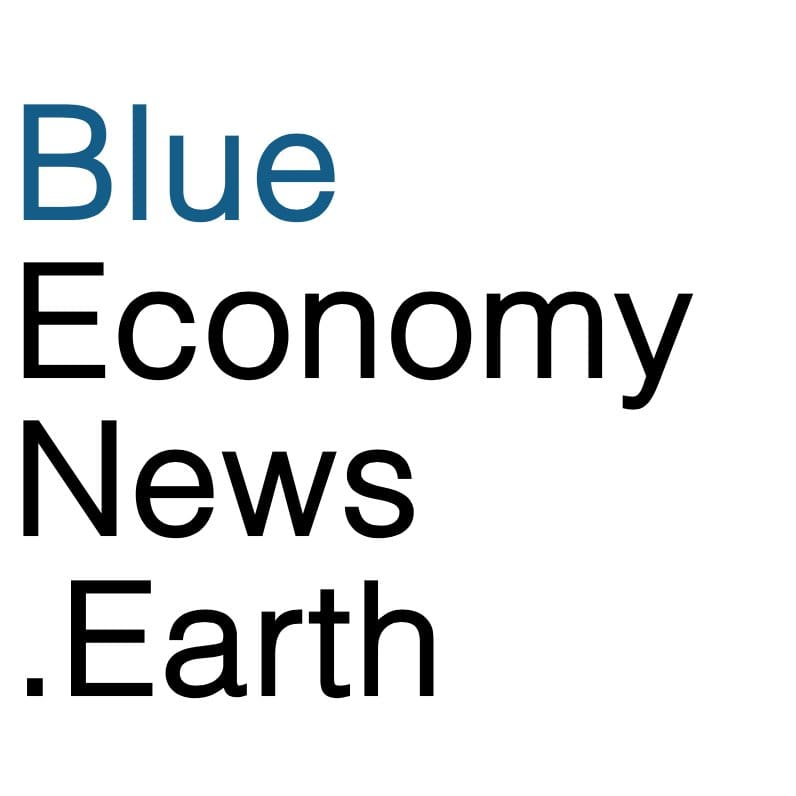The ocean covers 70% of the earth and its health is essential to the survival of all living things. It absorbs 90% of the heat from global warming and 30% of the carbon dioxide (CO2) in our atmosphere. And yet we’ve continued to use it as though it were an infinite and impervious resource.
On BlueEconomyNews.Earth, we don’t believe in treating the opportunities in the emerging Blue Economy like some modern-day gold rush where we fill the ocean with our technology and tinker with ecosystems without understanding them. We’re trying to acknowledge effort, even if it isn’t perfect, without celebrating choices that fall far short of sustainable.
The Blue Economy is an emerging economy in which companies and governments transition to operating in the ocean sustainably. That means fishing, but not overfishing, and prioritizing the rights of indigenous and local communities. It means ensuring that aquaculture respects species and ecosystems. It means building or retrofitting marine vessels to operate without pollution–including noise pollution. It means reducing pollution and ecosystem damage from marine and coastal tourism. It means promoting sustainable ocean energy that could, theoretically, replace much of the energy we currently get from fossil fuels. And it means protecting at least 30% of the ocean by 2030 through Marine Protected Areas and other means. The promise of the Blue Economy is huge and requires global, integrated, coordinated action from everyone who benefits from the ocean.
Blue Economy News reports on the ongoing and integrated global effort to transition to a sustainable ocean economy.
Susan Lahey is a veteran journalist and communications expert who has covered business, finance, ESG, sustainability, emerging technology, renewable ocean energy, physics and more for national and international publications. She has worked as a communications specialist for a technical assistance group supporting an EPA project to mitigate river pollution in New Mexico; as a researcher and writer helping create the $8.5 billion disaster recovery and resiliency plan for Puerto Rico following Hurricanes Irma and Maria; and as Director of Communications for a European ocean energy company. She is from the United States, but lives in Portugal.


